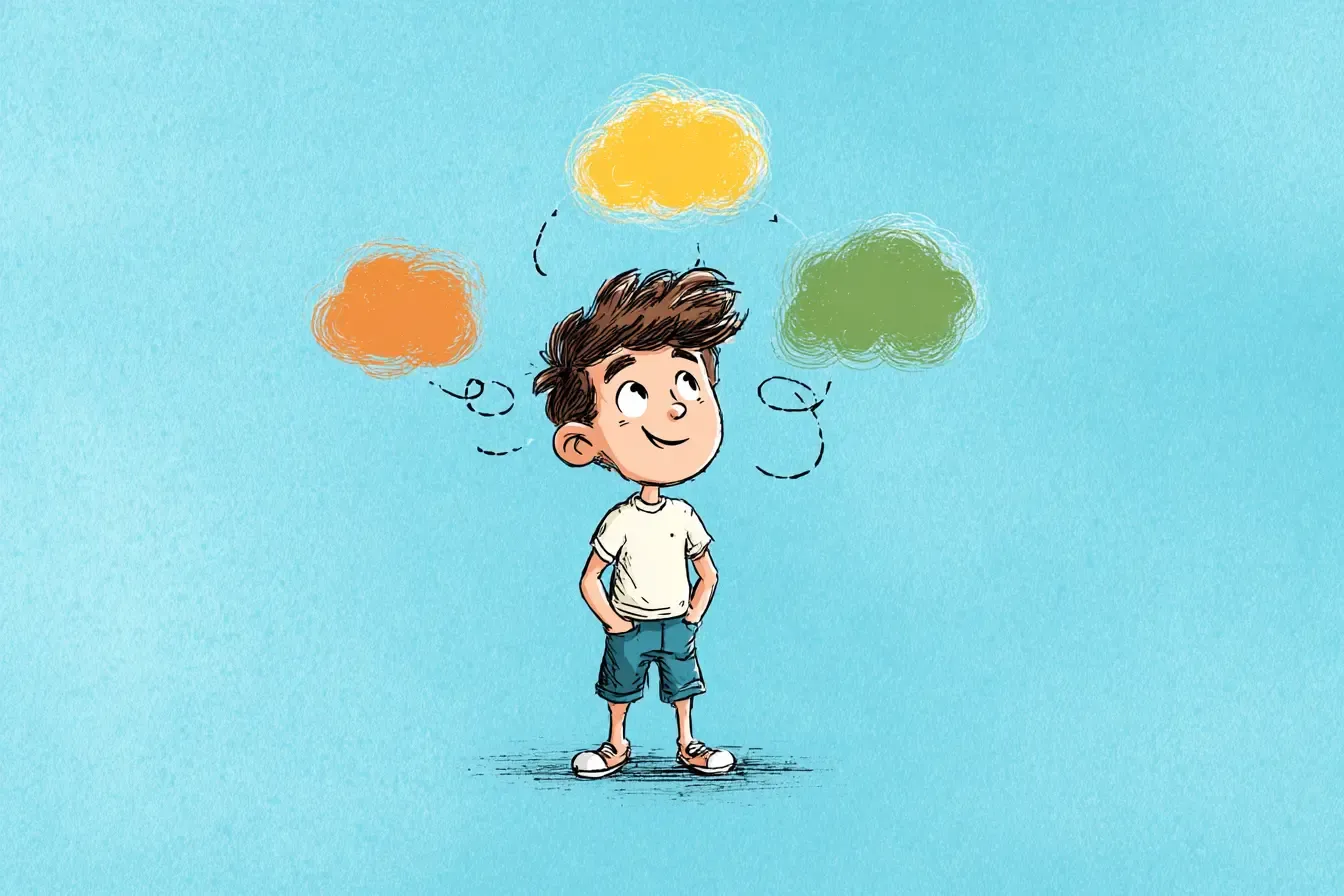English is often referred to as the "global language," and for good reason—it’s the key to business, travel, and culture worldwide. But when you're knee-deep in irregular verbs or wrestling with strange idioms, you might wonder: how hard is it to learn English? The answer isn’t simple. While English has its quirks, it’s also surprisingly manageable with the right mindset and tools. Let’s dive into the challenges, the easy parts, and the secrets to mastering this fascinating language.
Why Do People Find English Hard to Learn?
English learners often scratch their heads over its peculiarities. So, why is English hard to learn? Here are some of the most common reasons:
1. Complex Grammar Rules
English grammar is like a puzzle with some missing pieces. Irregular verbs, confusing word order, and exceptions to nearly every rule can trip up learners. For example:
- Why is it “I read a book” in the present, but “I read a book” (pronounced ‘red’) in the past?
- And why does "i before e" work in "believe" but not in "weird"?
2. Tricky Pronunciation
English pronunciation can feel like a cruel joke. Words like "through," "though," and "tough" look similar but sound entirely different. Silent letters, stress patterns, and regional accents add to the confusion, making it difficult to speak English like a native.
3. Massive Vocabulary
With over a million words (thanks to borrowing from Latin, French, and more), English can be overwhelming. For instance, do you "start" a journey or "embark" on one? Both work, but each has its own nuance.
4. Idioms and Phrasal Verbs
English speakers love their idioms and phrasal verbs, making conversations sound like riddles. Phrases like "kick the bucket" or "get on with it" might leave you scratching your head.
What Makes English Easy to Learn?
While you may wonder, is English hard to learn, it’s not all bad news! Some aspects of the language are surprisingly straightforward.
1. No Gendered Nouns
Unlike Spanish or French, English doesn’t assign genders to objects. A table is just a table—no need to remember if it’s masculine or feminine.
2. Simplified Verb Conjugations
In English, verbs don’t change much. Compare this to languages like Russian or Arabic, where verbs take on countless forms depending on the speaker, listener, and mood.
3. Widespread Availability of Resources
English is everywhere. Movies, music, podcasts, and apps make it easier than ever to immerse yourself and learn naturally.
4. Customizable Learning Options
From online courses to in-person workshops, English learning can be tailored to specific needs. For instance, corporate English programs often focus on workplace scenarios like drafting professional emails or leading international meetings, making the process more relevant and practical.
Common Challenges and How to Overcome Them
- Improving Pronunciation
- Challenge: Words don’t sound like they’re spelled.
- Solution: Use tools like YouGlish or listen to podcasts. Mimic native speakers and practice tongue twisters.
- Mastering Grammar
- Challenge: Rules often contradict themselves.
- Solution: Focus on patterns rather than memorizing rules. For example, learn when to use "the" and when to skip it.
- Building Vocabulary
- Challenge: Words often have multiple meanings.
- Solution: Use flashcards, group words by theme, and read widely.
- Understanding Idioms and Phrasal Verbs
- Challenge: They make no literal sense.
- Solution: Learn them in context. Watching sitcoms or reading dialogues can help you grasp how they're used.
Tips to Make English Learning Fun
1. Use Entertainment
Watch your favorite shows in English with subtitles. Start with comedies like Friends to pick up conversational phrases.
2. Play Games
Apps like Duolingo or Wordle make learning feel like a game. You can compete with friends and track your progress.
3. Set Realistic Goals
Instead of aiming to “be fluent,” set smaller goals like learning 10 new words a week or having a five-minute conversation.
4. Incorporate It Into Work
For professionals, integrating English into daily tasks — like reading reports, drafting emails, or joining global calls — can speed up learning. Businesses encouraging corporate English learning often see improved team communication and confidence. Regularly using English in real-world situations enhances language skills and boosts employee productivity and engagement. Creating a workplace culture that supports language learning through tools, workshops, or mentorship programs can significantly improve fluency.
How Hard Is English to Learn Compared to Other Languages?
So, how hard is English to learn? It depends on your native language. For Spanish speakers, English might feel easier than Mandarin due to similar alphabets and shared vocabulary from Latin. However, for someone from Japan, the lack of shared linguistic roots can make English feel like climbing Mount Everest.
Interestingly, English is considered a "category 1" language by the Foreign Service Institute (FSI). This means it takes approximately 600-750 classroom hours for a native speaker of a related language (like Spanish or French) to achieve proficiency. In contrast, Mandarin or Arabic — "category 4" languages — require more than double that time. English’s quirks, like irregular verbs and inconsistent spelling, might frustrate learners, but its straightforward grammar and global presence make it easier to practice compared to more isolated languages.
With dedication, creativity, and the right strategies, English isn’t as daunting as it seems. So, is English difficult to learn? Sure, at times. But it’s also a rewarding journey that opens doors to countless opportunities.
FAQ
1. Why is English so complicated?
English borrows words from many languages, leading to irregular rules and diverse pronunciations. But this mix also makes it rich and flexible!
2. Is English a hard language to learn?
It can be tricky, but its widespread use and simple sentence structure make it accessible with consistent practice.
3. How hard is English to learn compared to other languages?
English falls in the middle — easier than Chinese or Arabic but more challenging than languages like Spanish or Italian.


















